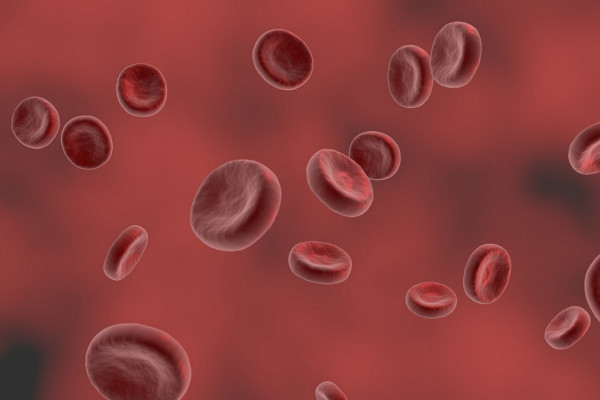What can Steller's sea cows teach us about oxygen delivery at low temperatures, and...
Science Podcasts
All of our free science podcasts and science radio shows on science, technology, medicine and engineering in one place...
Featured
From trees and climate change, to electric shocks from tracksuits... Chris Smith has the answers.
Supposedly, you can survive on only 473 genes - if you're a bacterium. But what do these genes actually do?
We celebrate the 50th anniversary of Apollo 11 and landing on the moon.
Every summer in the mid-Atlantic, a monstrous island of brown seaweed has been growing...
For the first time, a full map of all the neurons in a worm's body...
What's it like struggling with gaming addiction?
Why what we smell like can be an indicator of health and ill-health...
How did the Moon form? And can my Tourette's make me speed?
It is now almost certain that alien technology is not a viable explanation for Oumuamua’s peculiar traits
Could we be living in The Matrix?
Can an animal's fur coat prevent them from overheating on a hot summer day?
More answers from Chris Smith. What's the link between diabetes and amputation? What causes shingles?
Continuing the anniversary celebration - and featuring the only woman in launch control for Apollo 11...
The blind monkey that can see, wasps that fumigate to keep food fresh, and imaging blood vessels...
We take a close look at Alzheimer's Disease
Might A-positive become O-negative?
It's that time of the week... Chris Smith tackles your science questions!
Scientists have found a hidden weakness of the superbug MRSA...
Why do flies exist? Could sound propel a spaceship? Why do humans have receptors for tetrahydrocannabinol in their...
Bonus interview: With the constant development of electric cars, what will the future of racing look like?
This week, we're taking to the sky for some extremely high science!
Can scientists genetically alter plants, to make them more sensitive to light?
Why does crying make your voice shake? Why does my eyelid twitch sometimes?
Modular robots that assemble like Lego promise to be safer, cheaper and more efficient, say their creators...
